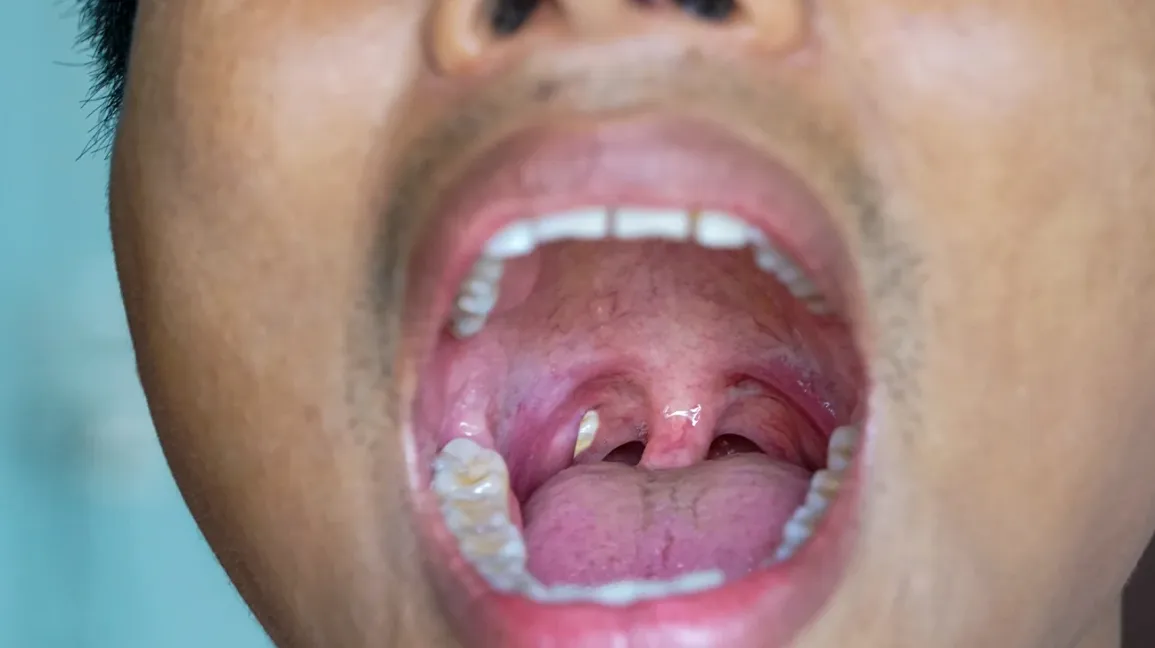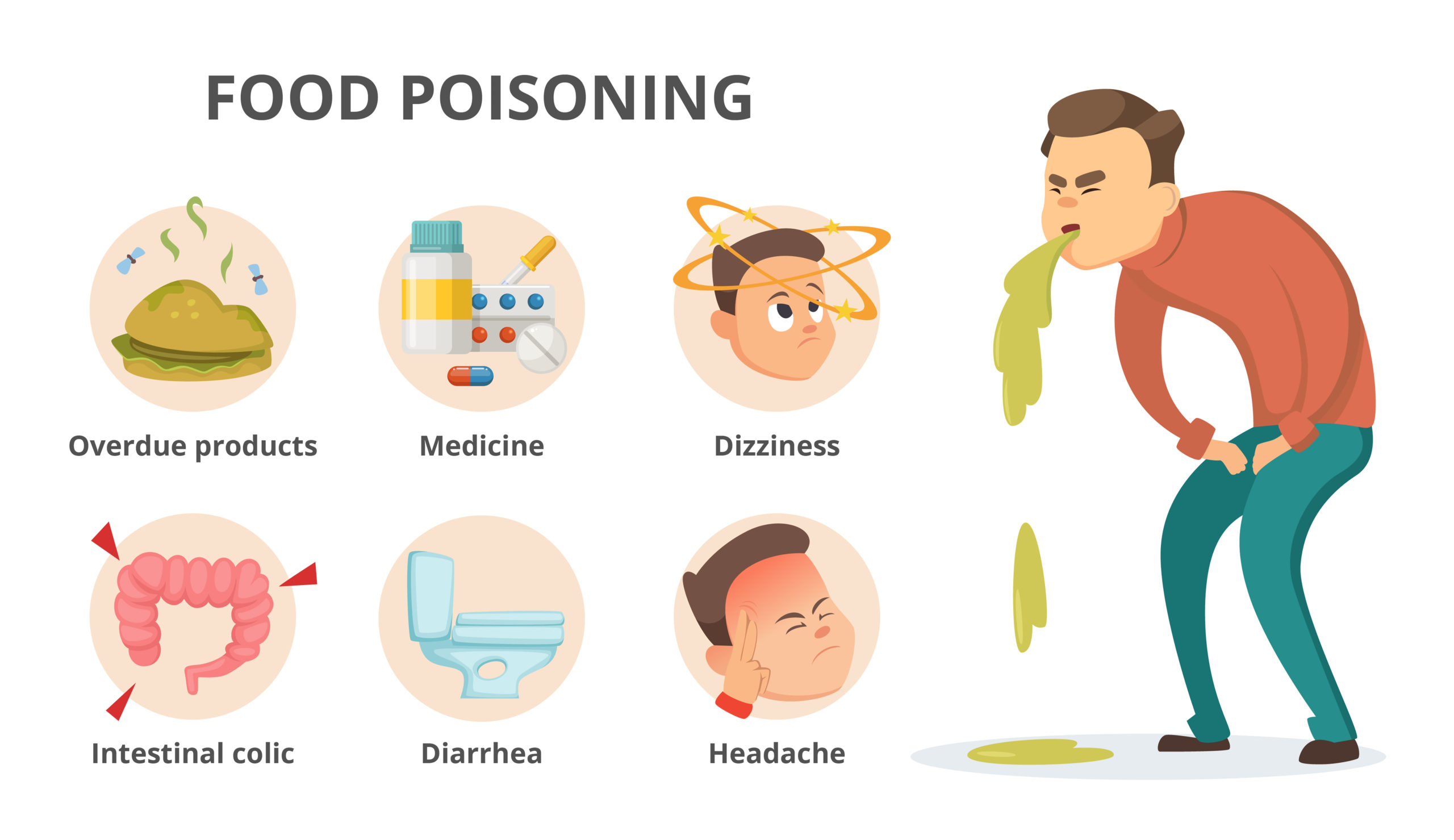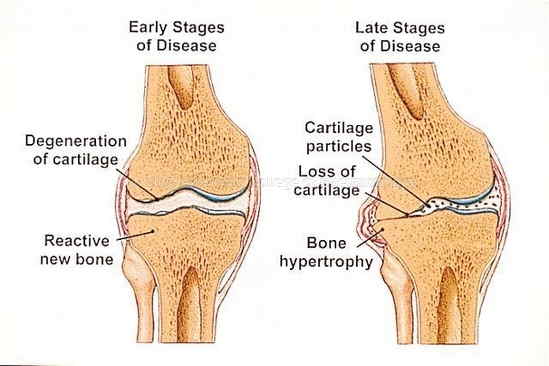Introduction:
In the realm of oral health, there exist a variety of conditions that are often overlooked or misunderstood. Among these lesser-known afflictions are tonsil stones, also known as tonsilloliths. While not widely discussed, tonsil stones can be a source of discomfort and frustration for those who experience them.
Tonsil stones are small, calcified formations that develop in the crevices of the tonsils, which are two small masses of tissue located at the back of the throat. These stones are formed by the accumulation of debris, such as bacteria, dead cells, mucus, and food particles, which become trapped in the tonsil’s crypts. Over time, this debris hardens and forms small, yellowish or whitish stones that can range in size from tiny specks to larger, more noticeable masses.
The presence of tonsil stones can lead to a variety of symptoms, including persistent bad breath, sore throat, difficulty swallowing, and an uncomfortable feeling of something lodged in the throat. While often harmless, these stones can cause significant discomfort and affect one’s quality of life, prompting individuals to seek relief and understanding.
Understanding tonsil stones is crucial, as they are not commonly discussed or diagnosed by healthcare professionals. Many people suffering from tonsil stones may be unaware of the cause of their symptoms, leading to a delay in seeking appropriate treatment. By shedding light on this condition, we can empower individuals to recognize the signs, seek proper diagnosis, and explore effective management strategies.
In this article, we will delve into the causes, symptoms, and risk factors associated with tonsil stones. We will explore the potential complications and impact on oral health, as well as discuss various treatment options available. Additionally, we will provide practical tips on prevention and maintenance to minimize the occurrence of tonsil stones and improve overall oral hygiene.
By unveiling the mysteries surrounding tonsil stones, we hope to equip readers with the knowledge needed to address this often overlooked condition. Through increased awareness and understanding, individuals can take proactive steps towards maintaining optimal oral health and finding relief from the discomfort caused by tonsil stones.
Causes:
Tonsil stones, or tonsilloliths, develop when debris accumulates in the crevices of the tonsils and calcifies over time. The exact causes of tonsil stones are not fully understood, but several factors contribute to their formation:
Food Particles:
Food particles can get trapped in the crevices of the tonsils, providing a breeding ground for bacteria. Over time, these bacteria, along with mucus and dead cells, can contribute to the formation of tonsil stones.
Bacterial Growth:
The tonsils naturally contain bacteria, some of which are beneficial, while others can contribute to the development of tonsil stones. Certain bacteria produce sulfur compounds, which can lead to the characteristic foul odor associated with tonsil stones.
Chronic Tonsillitis:
Individuals with chronic or recurrent tonsillitis, which is inflammation or infection of the tonsils, are more prone to developing tonsil stones. The inflammation can cause the tonsils’ crypts to enlarge, making it easier for debris to accumulate and form stones.
Poor Oral Hygiene:
Inadequate oral hygiene practices, such as irregular brushing and flossing, can contribute to the development of tonsil stones. Insufficient oral hygiene allows bacteria to thrive in the mouth and tonsils, increasing the likelihood of tonsil stone formation.
Dry Mouth:
A dry mouth lacks sufficient saliva, which plays a crucial role in washing away debris and bacteria from the mouth and tonsils. When the mouth is dry, there is an increased risk of debris accumulation and the formation of tonsil stones.
Post-Nasal Drip:
Post-nasal drip occurs when excess mucus from the nose and sinuses drips down the back of the throat. This mucus can contribute to tonsil stone formation, as it can carry debris and bacteria that get trapped in the tonsil crypts.
It is important to note that not everyone who has tonsils will develop tonsil stones, and the severity and frequency of their formation can vary among individuals. Understanding the underlying causes can help individuals take preventive measures and seek appropriate treatment to manage tonsil stones effectively.
Here are some common symptoms associated with tonsil stones:
Bad breath (halitosis):
One of the most common symptoms of tonsil stones is persistent bad breath, which may not improve with regular oral hygiene practices such as brushing and mouthwash.
Sore throat:
Tonsil stones can cause a persistent or recurrent sore throat. The presence of these stones can irritate the throat and cause discomfort.
Difficulty or pain while swallowing
Larger tonsil stones or multiple stones may cause pain or discomfort when swallowing food or liquids.
Ear pain:
Tonsil stones can sometimes cause referred pain to the ears. You may experience mild to moderate ear pain or discomfort.
White or yellowish formations on the tonsils:
Tonsil stones are often visible as small, white or yellowish bumps or patches on the surface of the tonsils. These formations may appear irregular in shape and can range in size from tiny specks to larger, more noticeable lumps.
Tonsil swelling:
In some cases, tonsil stones can lead to inflammation and swelling of the tonsils. This may result in discomfort or a feeling of something being stuck in the back of the throat.
Coughing or gagging:
Tonsil stones can trigger a persistent cough or a sensation of gagging due to their presence in the back of the throat.
The diagnosis of tonsil stones
The diagnosis of tonsil stones, also known as tonsilloliths, typically involves a combination of a physical examination and a discussion of your symptoms. Here are the common methods used to diagnose tonsil stones:
Physical examination:
A healthcare professional, such as a doctor or an ear, nose, and throat (ENT) specialist, will visually inspect your throat and tonsils using a light and sometimes a tongue depressor. They will look for signs of tonsil stones, such as white or yellowish formations on the tonsils or in the tonsil crypts.
Medical history:
The healthcare professional may ask you about your symptoms, including any recurring bad breath, sore throat, or difficulty swallowing. They may also inquire about your oral hygiene habits and any previous episodes of tonsil stones.
Imaging tests:
In some cases, an imaging test such as a CT scan or an X-ray may be ordered. These tests can help visualize the tonsils and surrounding structures, providing a more detailed view of any tonsil stones present.
Treatment of Tonsil Stones:
If the diagnosis of tonsil stones is confirmed, the healthcare professional will discuss treatment options with you. Treatment may not be necessary if the tonsil stones are small and not causing any symptoms. However, if the stones are large, causing discomfort, or leading to recurrent infections, the following treatment approaches may be considered:
Gentle removal:
The healthcare professional may use a medical instrument or a cotton swab to gently dislodge and remove the tonsil stones.
Saltwater gargles:
Rinsing your mouth with warm saltwater can help reduce discomfort and prevent the accumulation of debris in the tonsil crypts.
Antibiotics:
If there is an associated infection or persistent symptoms, a course of antibiotics may be prescribed to clear the infection and reduce inflammation.
Tonsillectomy:
In severe cases of tonsil stones that cause significant discomfort or recurrent infections, the healthcare professional may recommend a tonsillectomy, which is the surgical removal of the tonsils.
It’s important to consult with a healthcare professional for an accurate diagnosis and appropriate treatment plan tailored to your specific condition.
Impact of mouthwash in case of Tonsil Stones
Mouthwash can have some impact on tonsil stones, but its effectiveness may vary depending on the individual and the specific situation. Here are a few points to consider regarding the use of mouthwash for tonsil stones:
Temporary odor control:
Mouthwash can help temporarily mask the bad breath associated with tonsil stones. It may provide a fresher breath by reducing the odor-causing bacteria in the mouth and throat. However, it’s important to note that mouthwash does not address the underlying cause of the tonsil stones or provide a long-term solution.
Limited physical removal:
Some mouthwashes contain antibacterial properties and may help reduce the number of bacteria in the mouth. Additionally, vigorous gargling with mouthwash might dislodge small or loose tonsil stones and flush out debris from the tonsil crypts. However, for larger or firmly lodged tonsil stones, mouthwash alone may not be sufficient to dislodge or remove them.
Prevention and maintenance:
Regular use of mouthwash as part of your oral hygiene routine may help prevent the buildup of bacteria and debris in the tonsil crypts. By maintaining good oral hygiene, including proper brushing, flossing, and using mouthwash, you may reduce the chances of tonsil stone formation or their recurrence.
Limitations:
It’s important to note that mouthwash is not a definitive treatment for tonsil stones. If you have persistent or bothersome symptoms associated with tonsil stones, it’s advisable to consult with a healthcare professional. They can assess your condition, provide appropriate treatment recommendations, and discuss other strategies to manage or remove the tonsil stones effectively.
In summary, while mouthwash may offer temporary relief by reducing bacteria and masking odor, it may have limited effectiveness in addressing tonsil stones directly. It is best used as a part of an overall oral hygiene routine and should not replace professional medical advice or treatment.
In conclusion, tonsil stones are small calcified deposits that can form in the tonsils, often causing symptoms such as bad breath, sore throat, and difficulty swallowing. While mouthwash may offer temporary relief, it is not a definitive treatment. Consulting a healthcare professional is important for accurate diagnosis and appropriate treatment options. With proper care, individuals can manage tonsil stones effectively and maintain oral health.

Helen Bradley is a health blogger and the founder of her own blog about fitness. She has been blogging for three years now and loves to share what she learns with others. Helen enjoys reading, cooking, and staying active outdoors.












